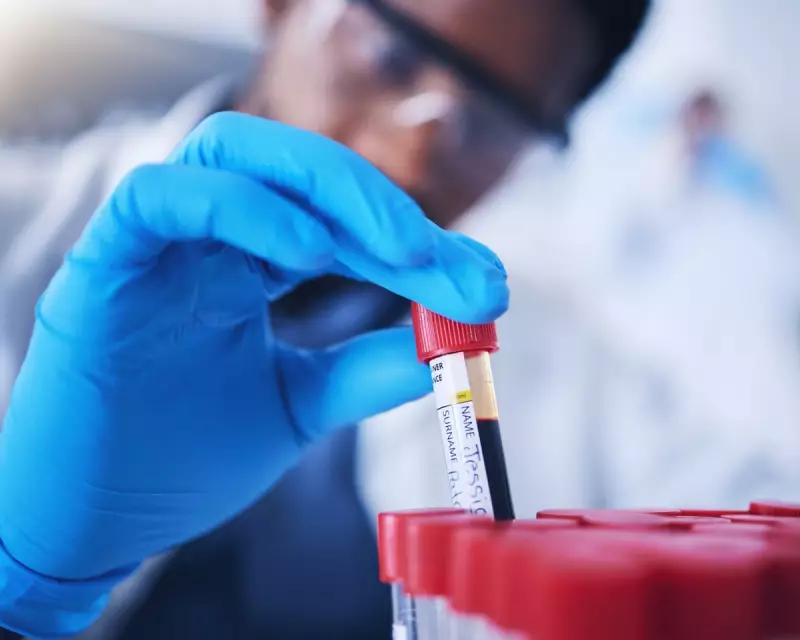
A revolutionary new era of preventative medicine is on the horizon, thanks to the world's largest study of blood metabolites completed by the UK Biobank. Research indicates that simple pinprick blood tests could soon detect the early signs of serious diseases like cancer, dementia, and diabetes more than a decade before any symptoms emerge.
The Groundbreaking UK Biobank Project
The breakthrough follows a monumental project where the UK Biobank, in collaboration with the health tech firm Nightingale Health, measured the levels of nearly 250 different proteins, sugars, fats, and other metabolites in blood samples from its 500,000 volunteers. This vast dataset provides an unprecedented, detailed snapshot of human physiology.
By combining these intricate molecular profiles with participants' long-term medical records and death registries, scientists can now identify patterns that predict an individual's future risk of a host of conditions. "It's going to be a real gamechanger for our work," stated Dr Joy Edwards-Hicks from the University of Edinburgh, who researches how blood metabolites influence the immune system.
How Metabolic Profiling Predicts Future Illness
Metabolites are the essential substances produced or used when our bodies break down food and medicine, generate energy, and repair tissues. Changes in a person's metabolic profile can both reflect and drive disease processes.
When organs begin to malfunction, the metabolic profile shifts in detectable ways. For instance, a diseased liver may cause ammonia levels to rise, while a damaged kidney can increase urea and creatine. Muscle damage is visible through raised lactate, and cancers often show increased glucose uptake.
Dr Julian Mutz of King's College London explained the power of this approach: "These metabolic profiles capture all of the genetic predisposition and the downstream consequences of that, as well as the environmental exposures, so it gives us a snapshot of a person's physiological state. It's also highly dynamic, whereas genetics, for example, is fixed." This means the profiles are influenced by lifestyle factors such as diet, exercise, stress, and pollution, offering a more holistic view of health.
Shifting Healthcare from Treatment to Prevention
The primary implication of this research is a fundamental shift in healthcare towards prevention. With reliable early predictors, doctors could inform patients in their 40s that their biomarkers indicate a higher risk, allowing for proactive lifestyle changes long before illness takes hold.
"It fits with the model of prevention that we are moving towards, to be able to send off a little pinprick blood sample and get an idea of your health," added Dr Edwards-Hicks.
Researchers are already leveraging this data for significant advances. Dr Mutz is using the profiles to predict dementia risk, aiming for interventions 10 to 15 years in advance. Meanwhile, Dr Najaf Amin at the University of Oxford has used the data to uncover differences in how males and females age and develop age-related diseases like cancer, with future work planned to investigate how sex affects medication efficacy.
Professor Naomi Allen, chief scientist at UK Biobank, summarised the potential: "Studying metabolites is a powerful way to unveil new warning signs of disease, understand how illnesses start and evolve, and track how well treatments are working." This landmark study, which began recruiting in 2006, continues to be an invaluable resource for scientists worldwide, poised to transform global healthcare.






